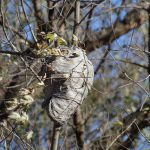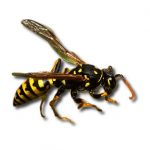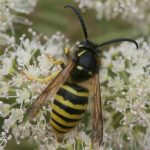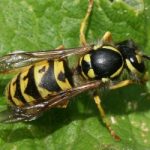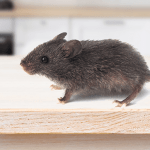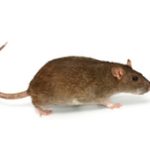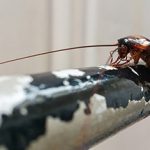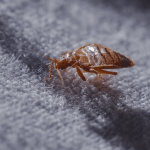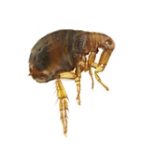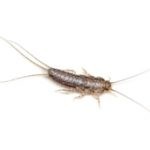How to Stop Wasps Nesting On Your Property
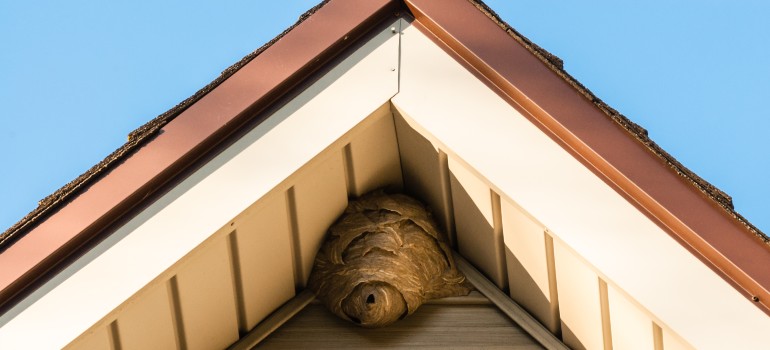
What is the best way to prevent wasps from nesting on your property? The presence of these stubborn pests is something that probably concerns you if you’ve had issues before. Having to deal with these insects repeatedly can be pretty stressful. Unfortunately, they often come back to the same place year after year.
So, in this article, we’re going to explain how to prevent wasps from nesting on your property.
Why we must control wasps
Known for their vicious stings and seemingly unpredictable attacks, wasps are one of the most potentially dangerous pests in the UK. Usually, they only attack a person if they feel threatened. However, when a social wasp is in distress, it releases a stinging pheromone that sends nearby colony members into attack mode.
Yeah – scare a wasp, and it will likely call for assistance…
A wasp sting can be extremely painful, and at worst can be fatal. If you are sensitive to wasp stings, you can suffer anaphylaxis – a potentially life-threatening wasp sting allergic reaction. You should keep your children and pets away from nests if you spot one to prevent serious consequences.
Check also: Wasp Nest – How to Locate and Identify Them
How to prevent wasp nests
If you’re seeing more wasps than usual around your home or garden, chances are there’s a nest nearby. And while some nests can be tricky to remove (especially if they’re tucked away or not actually on your property), the good news is there’s plenty you can do to stop wasps from making themselves at home in the first place.
- Don’t leave food out – Cleaning up after yourself immediately is essential to prevent wasps from nesting. A picnic, a barbeque, or eating outside requires immediate cleaning up afterward. Food should never be left out because wasps will be drawn to it. As soon as they discover your home is a food source, they will quickly nest there.
- Be cautious with sugary drinks – clean up spills! Also, cans, bottles, and open cups of juice or fizzy drinks left unattended can attract wasps. Always cover drinks when outdoors and rinse empty containers before disposing of them.
- Keep bins sealed – Outdoor bins should have tight-fitting lids. Rubbish, particularly food waste, is highly attractive to wasps. Clean bins regularly to remove sticky residues and lingering smells.
- Patch up cracks – Seal any openings you find on the exterior of your home. Keep an eye out for cracks, gaps, and holes all-around your house because pests can easily get in;
- Ensure that screens and vents are not damaged – Make sure window screens, air vents, and soffits are intact. Wasps can exploit even small tears to gain access.;
- Seal entry points – It is recommended that any holes be sealed with silicone caulk or wood putty. Don’t assume any crack or crevice is too small for a wasp to get through. Insects are capable of establishing colonies in even the smallest spaces;
- Pick up fallen fruit – Furthermore, removing fruit from trees as soon as possible help prevent wasps from nesting. Avoid letting the fruit become overripe, fall off the tree, and rot on the ground. Your house will become a haven for wasps. If you have fallen fruit around your trees, make sure to pick it up as soon as possible.
- Use wasp repellents – Last but not least, spraying the outside of your home with smells they hate can also prevent wasps from nesting. Essential oils have proven to be effective deterrents. You can add a few drops of essential oils to a spray bottle of water – lavender, geranium, peppermint, rosemary, thyme, or lemongrass are good choices. Spray this around the outside of your house to discourage wasps from nesting.
Wasps in large numbers at your house or in your garden almost certainly indicate a nearby nest, but removing it may not always be possible. Unless the nest is on your property, you will have limited control over it. Likewise, nests located in areas that are difficult to reach (such as inside cavity walls) will be more challenging to treat.
Check also: How to Get Rid of a Wasp’s Nest
Don’t forget about the outdoors
In addition, make sure to check your outdoor structures – for example, sheds, detached garages, plant pots, dustbins, or woodpiles if any.
- Fill in any holes you find in your garden. Several species of wasps build their homes underground. Fill up any large gaps with dirt or rocks;
- Pay extra attention to compost heaps. There have been reports of wasps building their homes in these. It is recommended that you cover any compost heaps you have with tarpaulins or other suitable cover materials;
- Use a cover for outdoor containers, as well. Dustbins, recycling bins, and other containers that hold food, for instance;
- Covering things like water buckets is also a good idea;
- If you have a building for your pool pump, this must also be inspected and closed up;
Professional wasp control
Although naturally deterring wasps is the best method, some nests can be dangerous. Unless you have experience with wasp nest removal, we would never recommend trying to remove one yourself. Experts should be called when getting rid of a wasp nest to ensure it goes smoothly and risk-free.
Professional pest controllers have the necessary training and access to insecticides others may not have. Furthermore, they have the proper protective gear to minimise the risk of getting stung while performing wasp nest removal!
Want to get rid of a wasp nest?
Consider that we give an information on possible ways to prevent wasps from nesting. However, we cannot affirm that all of the above approaches will work for you.



